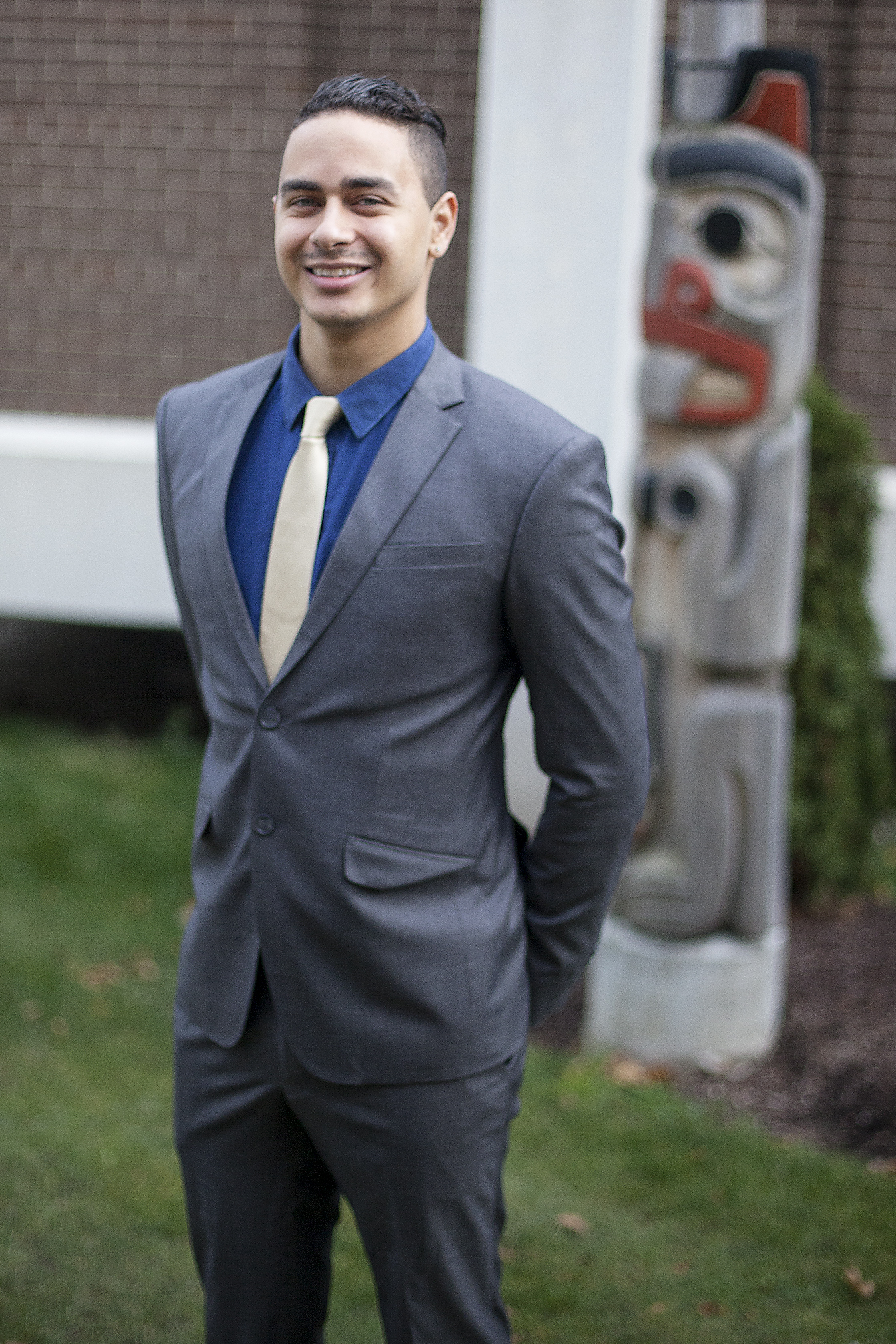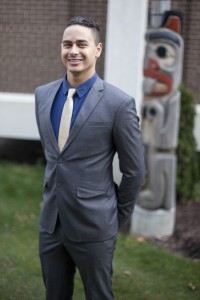Breaking cultural barriers

Anokasan startup links communities across the globe

A University of Waterloo student, along with a partner based in Hong Kong, has recently launched a new startup that coordinates with people across the globe.
The company, Anokasan, was founded by Robert Beamish, a fourth-year economics and business student at UW and Evan Wilcox.
Together, the two work to connect Canadian Aboriginal energy, infrastructure and mining projects with Asian-based investors, as well as to break down culture barriers and increase business opportunities for First Nations people.
Wilcox currently resides in Hong Kong, while Beamish is based in Toronto.
“Our end objective is to bring prosperity to Aboriginal communities in Canada in partnership with East Asian countries,” Beamish explained.
Wilcox said the idea for Anokasan came to him last year during a conversation he had with a senior trade official from the Canadian consulate in Hong Kong.
“She said that one day, someone is going to figure out how to connect First Nations with Asia, and that is where I got the idea from.”
Beamish interned at the Canadian Chamber of Commerce where he met Wilcox, who was working there full-time. Sharing the common experience of working in Hong Kong, they collaborated to form Anokasan.
“We both came to the same conclusion that we’ve come across something very big and that a strong partnership would be the best thing to do to take this forward,” Beamish said.
Wilcox is the current director of the start-up, working on investor outreach and relations to find potential projects for the company. He also plans investor delegations and cultural education centres to help diminish the cultural barriers between Asian and Native cultures. Beamish is the business development manager, focusing on engagement from the Aboriginal side, as well as dealing with legal and administration roles.
“The proudest moment of the company so far is just getting the response we’ve been getting from the idea and it’s been really fulfilling,” said Wilcox. “Both Aboriginals and Asian-based investors are both very eager to work with us. That’s probably the best thing that’s come so far. It’s nice to see your own idea responded to in positive ways.”
In regard to future plans for the company, Wilcox said, “We want to keep growing the way we’re growing and to find more and more partners to work with on both sides. Also, to not just focus on energy, mining and infrastructure, but to branch out a little bit more as well and to export First Nations goods to Asia, such as timber and fish.”
Beamish added that they want to diversify their investor base outside of Hong Kong and China, potentially expanding to Japan, Korea, Singapore and Taiwan to engage investors from those locations.
According to Wilcox, balancing communication between Canada and Asia has been a challenge.
“My partner is in Toronto and a lot of our First Nations contacts are in British Columbia and Alberta, so you have to work around their time. There are a lot of late nights involved.”
Beamish said despite that, the communication has been working so far.
“A lot of our work and communication happens in the morning and at night, but I’m still in school so staying up late three hours on the computer isn’t so foreign to me.”
In becoming an entrepreneur, Beamish said he had to become very open to learning to share his ideas, which he said is important for students looking to take this career path.
“Sharing those ideas, getting validation from the community and engaging people early on and surrounding yourself with like-minded people is just going to give you new perspectives or push your idea forward to make something happen,” he said.


